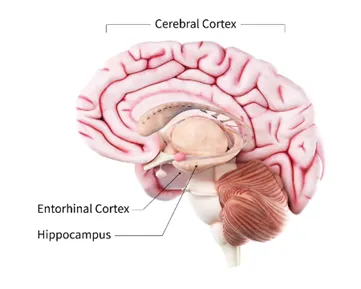I enjoy talking with older people. They have gone before us, Experienced much, tolerated much, and can teach us much. We often take these things for granted and realize we should have been present more. Paid attention, more! Been engaged more! When we recognize that cognitive decline is the result of Alzheimer’s Disease, it’s too late to have a meaningful conversation as a caregiver. We miss opportunities to learn from our elders because we don’t know the signs and symptoms of Alzheimer’s Disease until the disease has progressed. Let’s talk about it!
What is Alzheimer’s Disease?
Alzheimer’s disease is a brain disorder that slowly destroys memory and thinking skills and, eventually, the ability to carry out the simplest tasks. Although we are discussing eldercare, the disease can impact persons as young as 30. When discovered in younger years, genetic evaluations might be something a family may want to consider. There are risk factors to consider for developing Alzheimer’s disease. Age, genetics(biomarkers), lifestyle, and medical conditions are conversation pieces to uncover the potential of this disease affecting families.
Stages of Alzheimer’s?
The Alzheimer’s disease worsens over time. Stage 1, Alzheimer’s memory loss experienced. Stage 2, Alzheimer’s, sensory processing, reasoning, language, and thought process may be noticed. Stage 3, communication is limited or even absent, and total care may be necessary Your opportunity to learn and care for your loved one is during Stage 1.
Treatments Vary-One Does Not Fit All!
They are still working on an end to Alzheimer’s Disease. To date, some medications are being used to manage the symptoms and some of the behavioral outbursts that can sometimes occur. It is necessary not to take behaviors personally. They are, unfortunately, a part of what happens. Give your loved one grace.
Resources can be found at: alzheimers
As Your Proactive Advocate, talk with a healthcare practitioner if you have concerns or questions about the care of your loved one with Alzheimer’s disease. Researchers have made some strides in the treatment. As you care for your loved one, consider your risk of developing the disease. Consider recommended steps for staying healthy to help maintain cognitive health and reduce the risk. Be Safe! Be Well!
Dr. Cynthia J. Hickman is a retired registered nurse and case manager, CEO of Your Proactive Caregiver Advocate and author of From the Lens of Daughter, Nurse, and Caregiver: A Journey of Duty and Honor, and The Black Book of Important Information for Caregivers.

